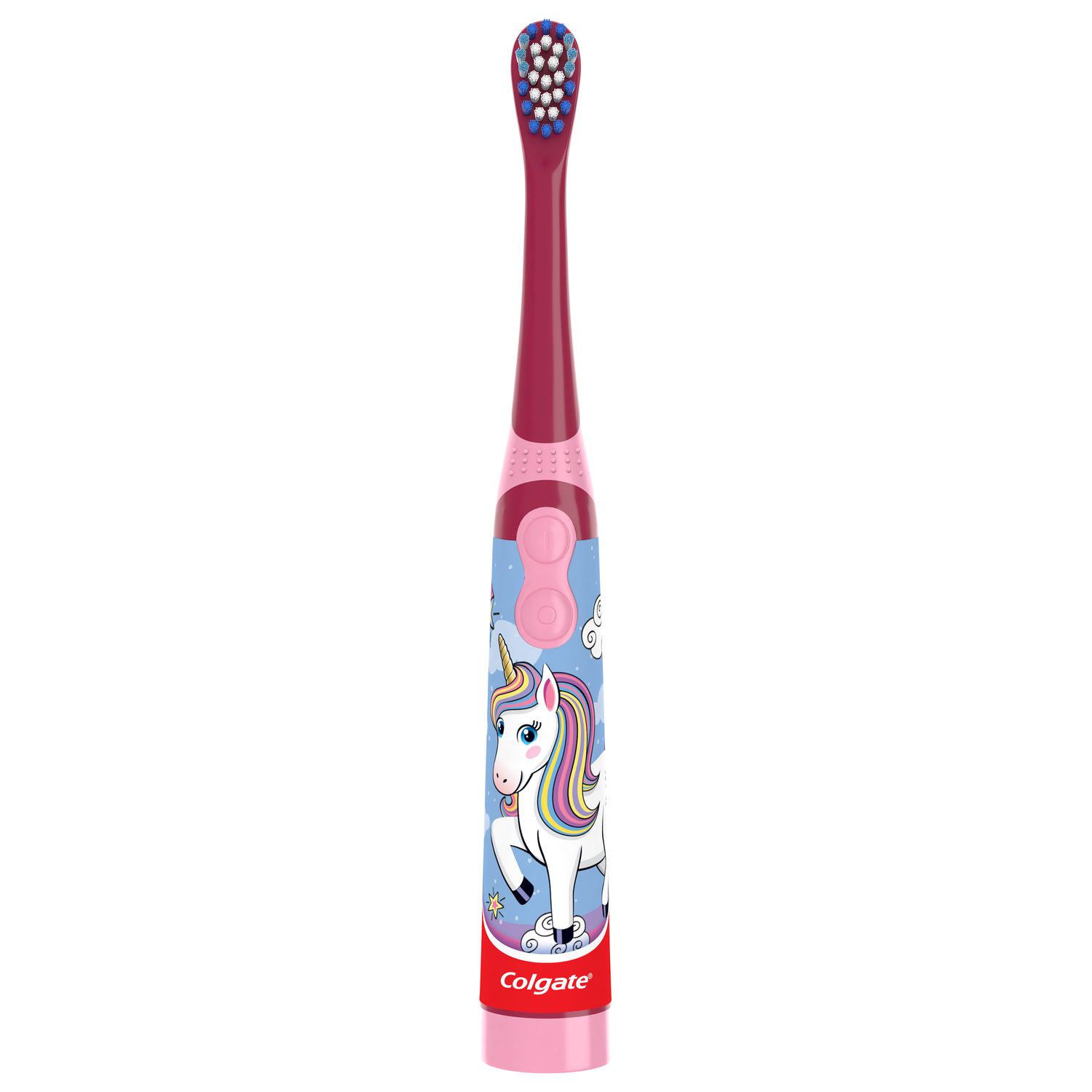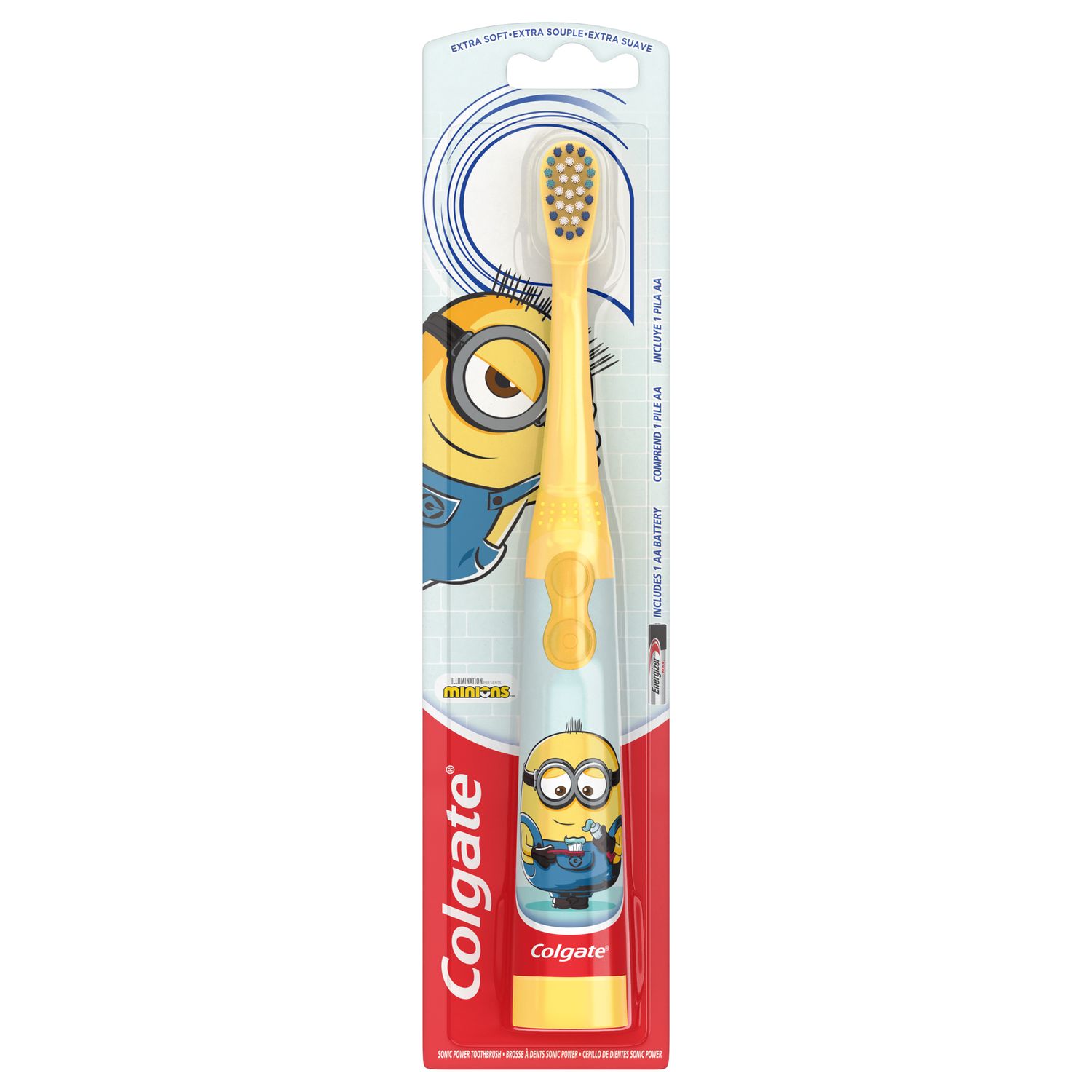What is Teething, and When Does it Start?
Teething is when a baby’s tooth is erupting through the gums. It’s not a one-off event; babies will have several periods of teething during their first years of life, starting from around six months old. Here’s a general timeline of what to expect and when, courtesy of the American Dental Association (ADA):
- 6-10 months. The bottom central incisors (front teeth) usually erupt first.
- 8-12 months. These are followed by the top central incisors.
- 9-13 months. Next up are the top lateral incisors on either side of the central front teeth.
- 10-16 months. Then the bottom lateral incisors arrive.
- 13-19 months. The top first molars (back teeth) come through next.
- 14-18 months. These are joined by the bottom first molars.
- 16-22 months. The canines (“fangs”) appear on top.
- 17-23 months. The bottom canines come through next.
- 23-31 months. Then the bottom second molars arrive.
- 25-33 months. Finally, the top second molars complete the set.
This is just a rough guide, so if your little one has teeth coming in earlier than six months, or in a different order, don’t worry. If your child’s first tooth hasn’t arrived by their first birthday, though, check in with your dentist to make sure their teeth are developing as they should be.
Signs of Teething
So how can you tell if your baby is teething? Symptoms vary from one baby to the next. One baby can have pain and tenderness for several weeks, while other babies breeze through teething with no pain at all. But in most cases, these are the common teething symptoms you might notice in your baby:
- Rubbing their gums. Babies generally love to put things in their mouths, but you might notice them excessively chewing, biting or rubbing things on their gums around teething time.
- Drooling. Some babies drool so much from teething that it soaks their clothes. They may even develop a rash on their cheeks and chin from the excess moisture. To keep your baby comfortable, gently dry their chin and change wet clothes throughout the day.
- Crankiness or fussiness. If your baby seems more irritable, upset or tearful than usual, it may be a sign that they’re feeling uncomfortable due to an incoming tooth.
- Restlessness. If your once-great sleeper has begun waking up through the night or is refusing to take naps, it may be a sign of teething.
- Loss of appetite. If your baby is on a nursing/eating strike, they may be trying to tell you that their gums are sore. If you're concerned that your baby isn't eating enough, check in with your pediatrician.
If you observe two or more of these signs, your baby is likely teething. However, some other symptoms that are commonly believed to be signs of teething are actually not…
What Isn’t a Sign of Teething
It’s a mistaken belief that fever, diarrhea and skin rashes are signs of teething, but the ADA warns that this is not the case. While a mild rash around the mouth and neck can happen due to drooling, skin rashes elsewhere on the body are not the norm. Likewise, a slight increase in temperature is normal during teething, but a fever (100F and above) is not. Rashes, fever and diarrhea could be signs of other illnesses – some of them serious – so if you notice these symptoms in your baby, check in with your pediatrician immediately.
How To Treat Teething
So your baby is teething – and they’re not happy about it! The good news is that there are lots of ways you can help your teething baby through the process, such as:
- Giving your baby a refrigerated (but not frozen) teething ring or clean, damp cloth to bite on.
- Using your finger or a baby finger toothbrush/massager to gently massage their gums.
- Giving chilled foods and drinks to cool inflamed gums. Depending on their age, crunching on chilled fruit or veggies can provide a lot of relief.
- Drying away drool and changing damp clothes as necessary to avoid moisture rashes.
- Soothing them with lots of cuddles and reassurance.
There are lots of over-the-counter teething gels and pain medications available. However, the U.S. Food and Drug Administration (FDA) warns parents against giving teething gels containing benzocaine to children under two years old, as this can have dangerous side effects. Before giving any teething relief products to your baby, check in with your pediatrician for a recommendation on the safest ingredients and dosages for your child.
Caring for Your Baby's New Teeth
Start brushing as soon as baby’s first tooth arrives. To start with, use a tiny smear of baby toothpaste – no bigger than a grain of rice – and a baby toothbrush designed especially for little mouths. And when your baby has two teeth that touch, it’s time to add flossing to the routine, too.
Ideally, you should take your baby for their first dentist visit as soon as the first tooth arrives, or before their first birthday – whichever happens first. At your baby's first dentist appointment, your dentist will give you helpful advice on caring for your baby's teeth and gums, and will be able to answer any questions you might have about your baby’s oral health.
You don’t have to wait for your baby’s first tooth to start practicing oral hygiene with them, though! It’s a good idea to clean your baby’s gums from day one, using a soft, clean, moist cloth or gauze. This will get them used to oral hygiene and care from the beginning, making it easy to implement habits like toothbrushing and dental visits later on.
Now you know how to tell if your baby is teething, and how to help them get through this time with as few tears as possible. Just remember that fever, body rashes and diarrhea are not signs of teething, so be sure to reach out to your pediatrician promptly if your baby is showing these signs. And remember – teething is not forever! It can be a tough time for parents as well as babies, but it will all be worth it when they flash that first little toothy smile at you!
Oral Care Center articles are reviewed by an oral health medical professional. This information is for educational purposes only. This content is not intended to be a substitute for professional medical advice, diagnosis or treatment. Always seek the advice of your dentist, physician or other qualified healthcare provider.
ORAL HEALTH QUIZ
What's behind your smile?
Take our Oral Health assessment to get the most from your oral care routine
ORAL HEALTH QUIZ
What's behind your smile?
Take our Oral Health assessment to get the most from your oral care routine















